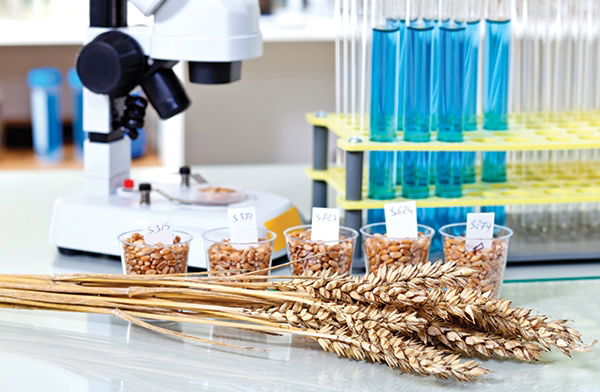Quality Assurance

1. Moisture Content Analysis:
Moisture content is a crucial factor in flour quality. The laboratory determines the moisture level to ensure it meets industry standards and to prevent spoilage or mold growth.
2. Protein Content Analysis:
The protein content of flour affects its baking properties. The laboratory measures the protein content to classify the flour and ensure it aligns with customer requirements.
3. Ash Content Determination:
Ash content indicates the mineral content in flour and can be used to assess the flour's purity and extraction rate. Different types of flours have specific ash content requirements.
4. Gluten Quality and Quantity Testing:
Gluten is a vital component in flour for dough development. The laboratory assesses gluten quality and quantity through tests like the Farinograph or Extensograph to understand the flour's baking characteristics.
5. Particle Size Analysis:
Flour particle size affects its functionality and end-product quality. The laboratory analyzes particle size distribution to ensure it meets specifications.
6. Color Measurement:
Flour color can impact the appearance of baked goods. The laboratory uses colorimeters to assess the color of the flour and ensure it meets industry standards.
7. Test Baking:
To evaluate the flour's performance in real-world applications, the laboratory conducts test baking to assess factors like dough handling, volume, texture, and taste.
8. Quality Control and Assurance:
The laboratory maintains strict quality control and assurance protocols to ensure that all flour produced meets industry and company standards.
9. Research and Development:
The laboratory also engages in research and development activities to improve flour quality, develop new products, and enhance milling processes.


